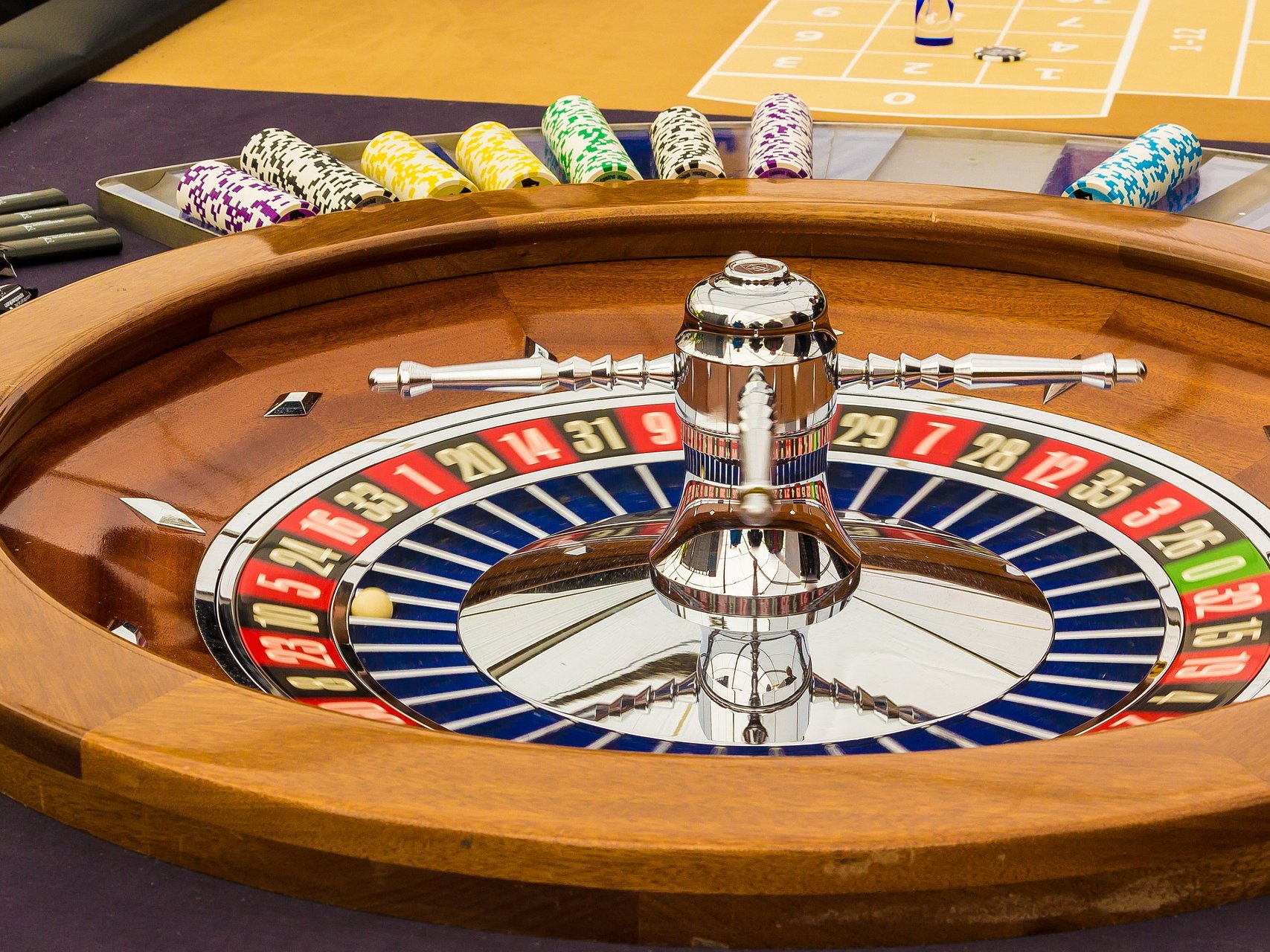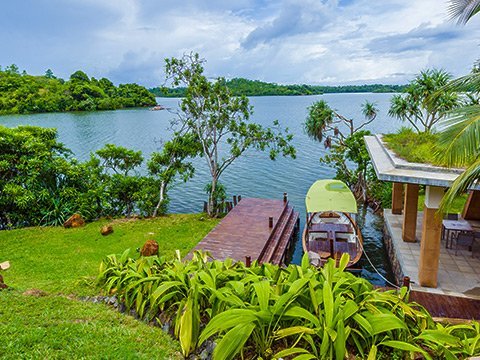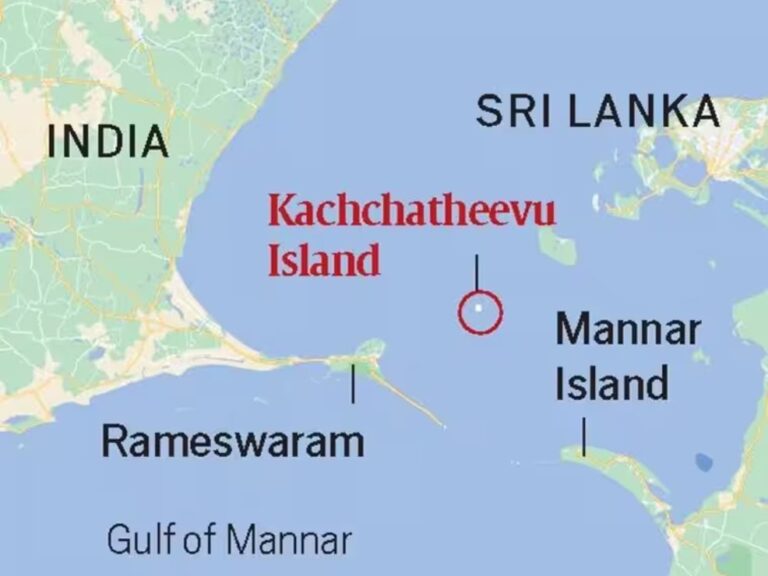Paradise or Paradox? Can Las Vegas-Style Casino Tourism Work in Sri Lanka?

Introduction: Rolling the Dice on Sri Lanka’s Future
Sri Lanka, an island long celebrated for its spiritual serenity, Ayurveda traditions, and rich cultural heritage, now faces an increasingly global question: can—or should—we open our doors to Las Vegas-style casino tourism?
In 2024, the global casino gaming industry was valued at over $263 billion, with Macau, Singapore, Las Vegas, and Manila reaping much of the rewards. Sri Lanka, while rich in natural beauty and strategic positioning, has yet to fully leverage this market. With Colombo Port City offering a clean slate of opportunity, many investors and policymakers are quietly—or not so quietly—floating the idea of introducing large-scale integrated resort casinos, entertainment complexes, and gaming hubs.
But the move is not without controversy. Ethical, legal, and cultural dilemmas loom large.
Part 1: What the Numbers Say
Let’s begin with the hard data.
- Macau’s casino sector alone generated over $22.7 billion in 2023, according to Statista.
- Singapore’s Marina Bay Sands contributed over $1.4 billion in tourism receipts in 2023.
- The Philippines generated nearly $5 billion from its Entertainment City in Manila, a government-sanctioned zone for casinos, theaters, and nightlife.
- Las Vegas welcomed over 38 million visitors in 2023, with 60% citing casino gaming as a key reason for their visit.
Contrast this with Sri Lanka:
- In 2024, Sri Lanka recorded just 1.6 million tourist arrivals, still recovering from COVID-19 and political unrest.
- The average tourist spend remains at $164 per day, compared to $350–$500/day in destinations with integrated resorts.
- The current contribution of gaming to GDP is negligible—estimated at under 0.01%.
The potential upside is obvious—but so is the backlash.
Part 2: The Legal Landscape in Sri Lanka
The legal framework governing gambling in Sri Lanka is restrictive, though not absolute:
- The Gaming Ordinance No. 17 of 1889, amended over the years, makes unauthorized gambling illegal.
- The government allows limited casino operations under a licensing regime, but there is no formal legislative structure for integrated resorts or foreign-investor casinos.
- In 2010, the Casino Business (Regulation) Act was proposed but never passed.
- In 2013, then-President Mahinda Rajapaksa approved several large-scale casino licenses, including projects with Australian billionaire James Packer—only to see them scrapped in 2015 amid political pushback.
Thus, while casinos exist in Colombo, they operate under murky quasi-legal frameworks, often licensed as “entertainment centers.”
Key Issue: Sri Lanka has no modern, investor-friendly gaming law. Without one, any large-scale development remains in a grey zone—legally, financially, and ethically.
Part 3: Ethical Considerations
Casinos are controversial because they cut across religious, social, and economic fault lines.
- Religious Tensions: Buddhist, Hindu, Christian, and Islamic leaders in Sri Lanka have all voiced concerns about normalizing gambling.
- Cultural Sensitivity: Gambling is often viewed as a moral hazard and socially destructive. Sri Lanka’s deeply conservative social fabric—especially outside urban centers—may not tolerate a Vegas-style rollout.
- Addiction & Crime: Studies from Singapore and Korea show a 10–15% increase in gambling addiction rates post-casino liberalization. Organized crime and money laundering risks also multiply.
Yet, ethics also includes economic justice. Can a nation battling debt, youth unemployment, and foreign reserve shortages afford to ignore a billion-dollar opportunity?
Part 4: International Case Studies
Let’s now examine 6 case studies to see how others have handled this delicate balance.
🧩 Case Study 1: Singapore’s Two-Casino Model
In 2006, Singapore shocked the world by legalizing two integrated casino resorts—Marina Bay Sands and Resorts World Sentosa. The key was tight regulation:
- Locals pay SGD 150 per entry to discourage addiction.
- The Casino Regulatory Authority ensures compliance.
- Casinos are bundled with family-friendly attractions—museums, theme parks, theaters.
Outcome: Over 20 million tourists/year, more than $10 billion in tourism receipts, and low local crime rates.
Lesson for Sri Lanka: Controlled, limited entry casino zones with strict monitoring could work.
🧩 Case Study 2: Goa, India – Offshore Casinos
Goa allows casinos, but only on riverboats. Locals are technically barred, but enforcement is lax.
Outcome: Revenue from Goa’s casinos in 2023 exceeded ₹1,500 crores (~USD $180 million), but the sector remains plagued by corruption, mafia links, and weak regulation.
Lesson for Sri Lanka: Without transparency and enforcement, gaming becomes a liability.
🧩 Case Study 3: Macau – World’s Gambling Capital
Macau earns 6x more from casinos than Las Vegas. Gaming taxes fund public welfare, healthcare, and pensions.
However, COVID-19 exposed its overdependence—GDP contracted 54% in 2020.
Lesson for Sri Lanka: Diversify revenue streams and avoid putting all eggs in one roulette wheel.
🧩 Case Study 4: Bahamas – Atlantis Paradise Island
The Bahamas legalized casinos but marketed them exclusively to foreigners. Locals can’t gamble.
Outcome: High-spending American tourists flock to the resort; crime is low in resort areas.
Lesson: Sri Lanka could restrict gaming access to foreigners only, preserving domestic cultural integrity.
🧩 Case Study 5: Manila – Entertainment City
The Philippine government created a dedicated casino zone, with state-owned regulation and foreign investor partnerships.
Revenue: Over $5 billion in 2023.
Lesson: Creating a geo-fenced zone like Colombo Port City with its own laws and fiscal regimes may bypass the national resistance.
🧩 Case Study 6: Sri Lanka’s Own History – The James Packer Fiasco
In 2013, Crown Resorts planned a $400 million integrated resort. Protests led to its cancellation in 2015.
Lesson: Without national consensus, even billionaire-backed projects collapse.
Part 5: Port City – A New Hope?
The Colombo Port City Special Economic Zone (SEZ), backed by China, is arguably Sri Lanka’s best shot at something akin to Las Vegas.
- It allows for independent financial regulations.
- Drafts of the SEZ Law hint at dispute resolution courts, offshore banking, and liberal foreign ownership laws.
If a single integrated resort were permitted here, fenced off physically and legally, Sri Lanka could tap into premium regional tourism from India, UAE, and China—without offending domestic sensitivities.
Part 6: The Jobs and Economics Argument
- A single large-scale casino resort could create 6,000–10,000 direct jobs.
- Annual revenue potential is $400 million–$1 billion, if marketed regionally.
- Adjacent benefits: MICE tourism (Meetings, Incentives, Conferences, and Exhibitions), luxury retail, high-end hospitality.
But jobs for whom? Locals must be prioritized in staffing, training, and profit-sharing. Tax incentives must be designed transparently and equitably, or we risk another elitist enclave.
Part 7: Public Sentiment and Political Risk
Polling data from 2022 by Verité Research suggests:
- 63% of Sri Lankans oppose legalized casinos
- Only 19% strongly support the idea, citing job creation and FDI
Any future casino strategy must involve:
- Public awareness campaigns
- Ethics commissions
- Media literacy on gaming addiction
And most importantly, multi-party consensus to avoid backtracking with every election cycle.
Conclusion: Can It Work?
Yes—but only if Sri Lanka chooses strategic pragmatism over political populism.
A single integrated resort, fenced within Colombo Port City, foreigner-access only, governed by independent regulators, and audited transparently, can deliver billions without unraveling the moral and social fabric of our island.
But if executed hastily, with poor safeguards or opaque deals, it will become yet another cautionary tale.
Recommendations
- Draft a modern Casino Regulation Act aligned with best practices.
- Create a Port City Gaming & Ethics Authority—with audit powers.
- Restrict gaming to foreigners, monitored by biometric systems.
- Include religious and civil society watchdogs in consultative frameworks.
- Ring-fence gaming revenues for tourism, education, and addiction rehab programs.
- Launch a public dialogue campaign—no more backroom deals.
Final Word
Sri Lanka need not become the next Las Vegas. But if we play our cards right—with integrity, intelligence, and inclusivity—we might just win the jackpot we need to recover, grow, and lead.
Disclaimer
This article has been authored and published in good faith by Dr. Dharshana Weerakoon, DBA (USA), based on publicly available data, professional experience, and industry insight. It is intended solely for educational, journalistic, and public awareness purposes. The author accepts no responsibility for any misinterpretation, adaptation, or misuse of the content. Views expressed are personal and do not constitute legal or financial advice. This article complies with the Intellectual Property Act No. 52 of 1979, the ICCPR Act No. 56 of 2007, and relevant data ethics. ✍ Authored independently and organically—not AI-generated.
Further Reading: https://gray-magpie-132137.hostingersite.com/saudi-arabia-for-sri-lanka/






